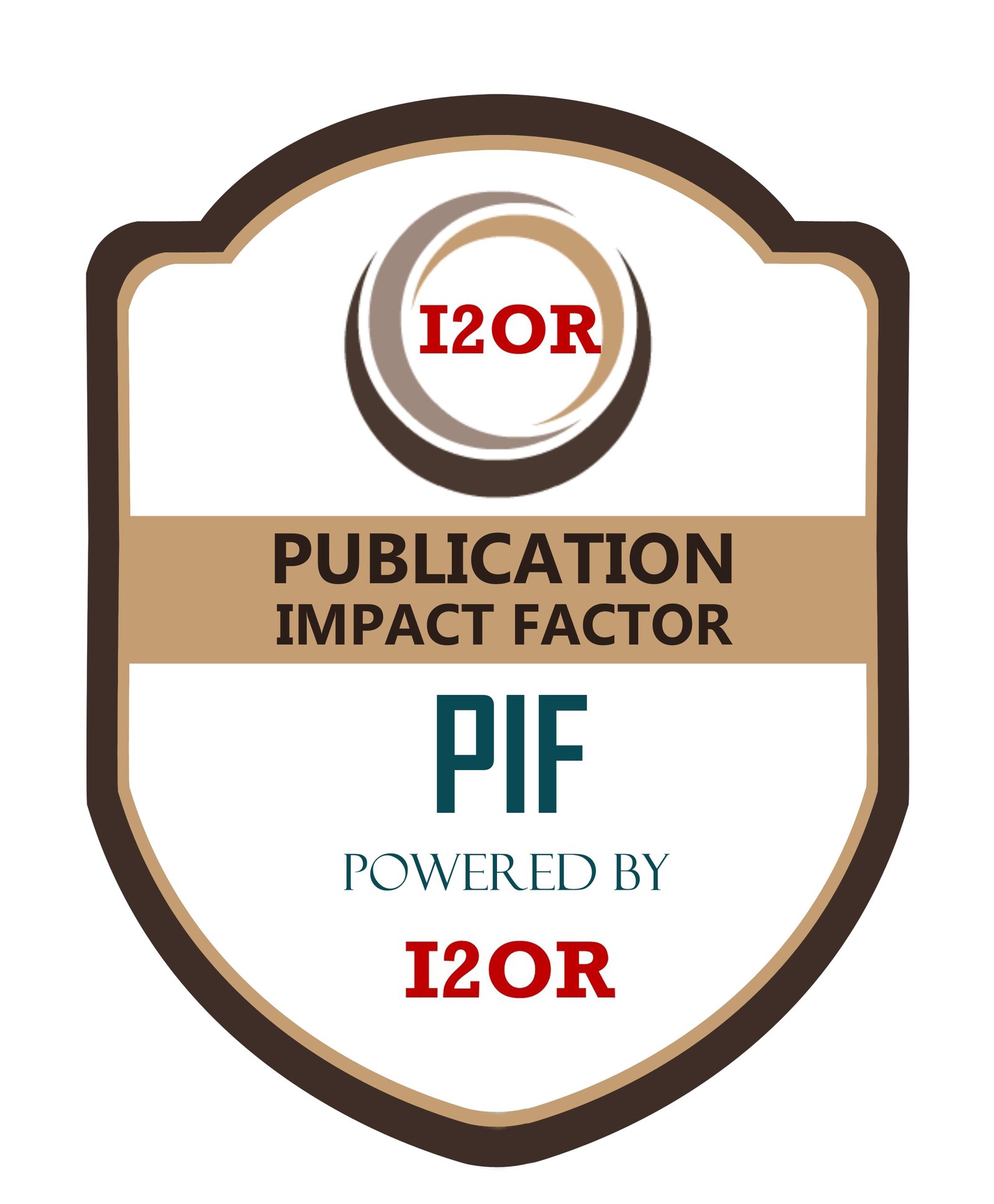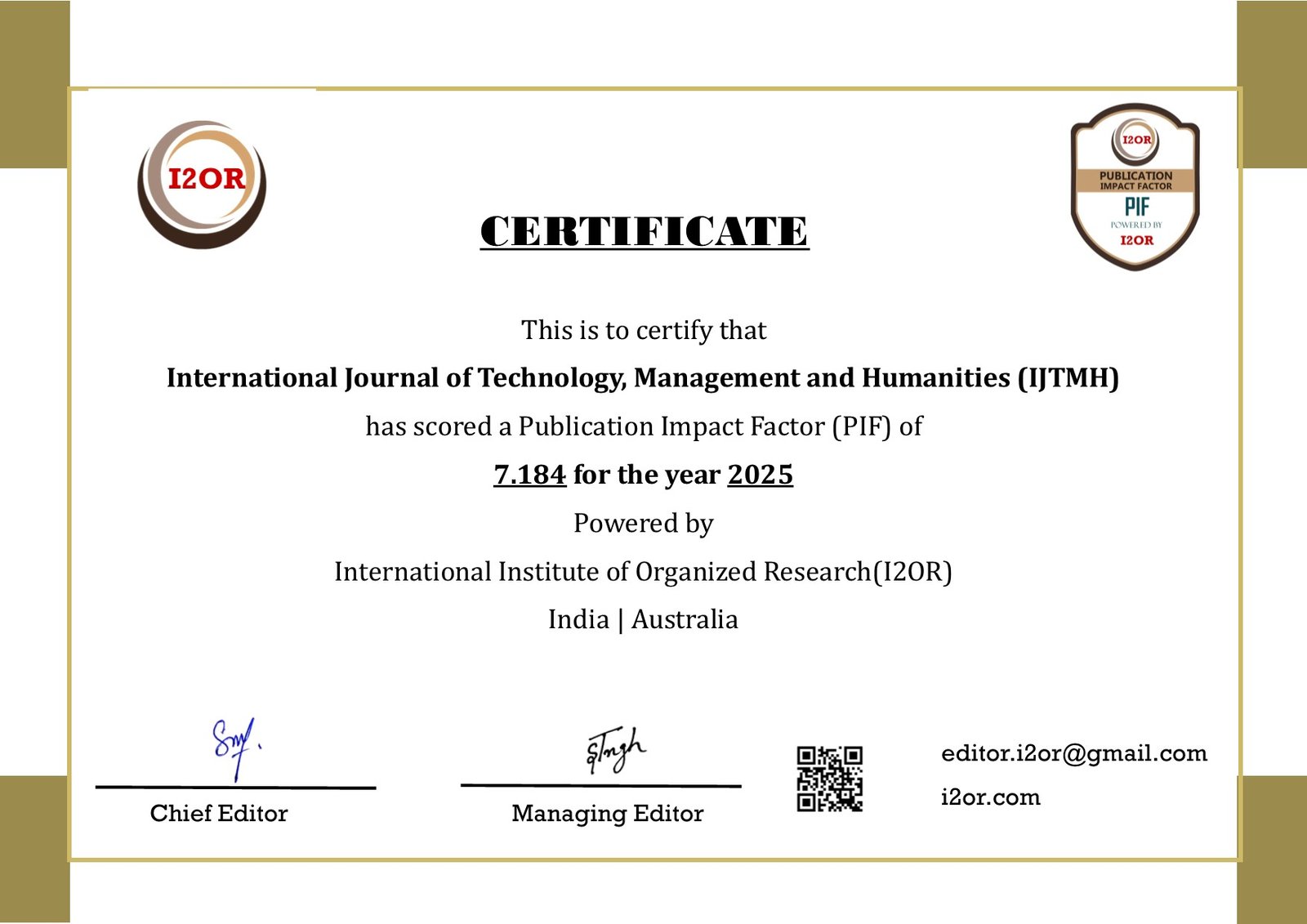AI-Enhanced Software Engineering for Scalable ERP Systems: A DevOps-Driven Cloud-Native Evaluation Planning Framework
DOI:
https://doi.org/10.21590/Keywords:
ERP scalability; DevOps; cloud-native; AI-assisted software engineering; predictive performance modelling; chaos engineering; continuous delivery; observability; intent mining; infrastructure-as-code.Abstract
Enterprise Resource Planning (ERP) systems are the backbone of modern organizations, but their scale, configurability, and integration requirements present significant engineering and operational challenges. This paper presents an AI-enhanced software engineering framework for evaluating and improving the scalability, reliability, and maintainability of cloud-native ERP systems under a DevOps-driven lifecycle. The proposed framework combines automated runbook-mining and intent extraction (NLP), predictive performance modelling (time-series and graph neural networks), adaptive CI/CD pipelines, and chaos-driven resilience testing to create an integrated evaluation loop. AI agents assist at multiple stages: (1) code and configuration analysis to surface risky customizations and anti-patterns; (2) workload synthesis and demand forecasting to generate realistic, high-fidelity load profiles; (3) predictive scaling policies that map workload forecasts to resource plans; and (4) automated root-cause triage using observability traces and causal-inference modules. The framework is cloud-native by design: test harnesses run as ephemeral Kubernetes workloads, telemetry is captured with open standards (OpenTelemetry), and infrastructure is declared via IaC to enable reproducible experiments. Importantly, the framework embeds governance and explainability: AI-driven recommendations include provenance, confidence, and suggested mitigations; policy gates and human-in-the-loop approval are required for high-impact changes. We validate the framework with a representative ERP reference deployment across three cloud configurations and show empirical improvements in stress-test outcomes: improved throughput under peak load, reduced tail latency, fewer manual interventions during incidents, and faster mean time to resolution (MTTR) in post-failure repair. The paper describes the architecture, evaluation methodology, and a roadmap for integrating the framework into continuous delivery flows, arguing that AI augmentation combined with DevOps practices materially improves ERP scalability and operational resilience.







